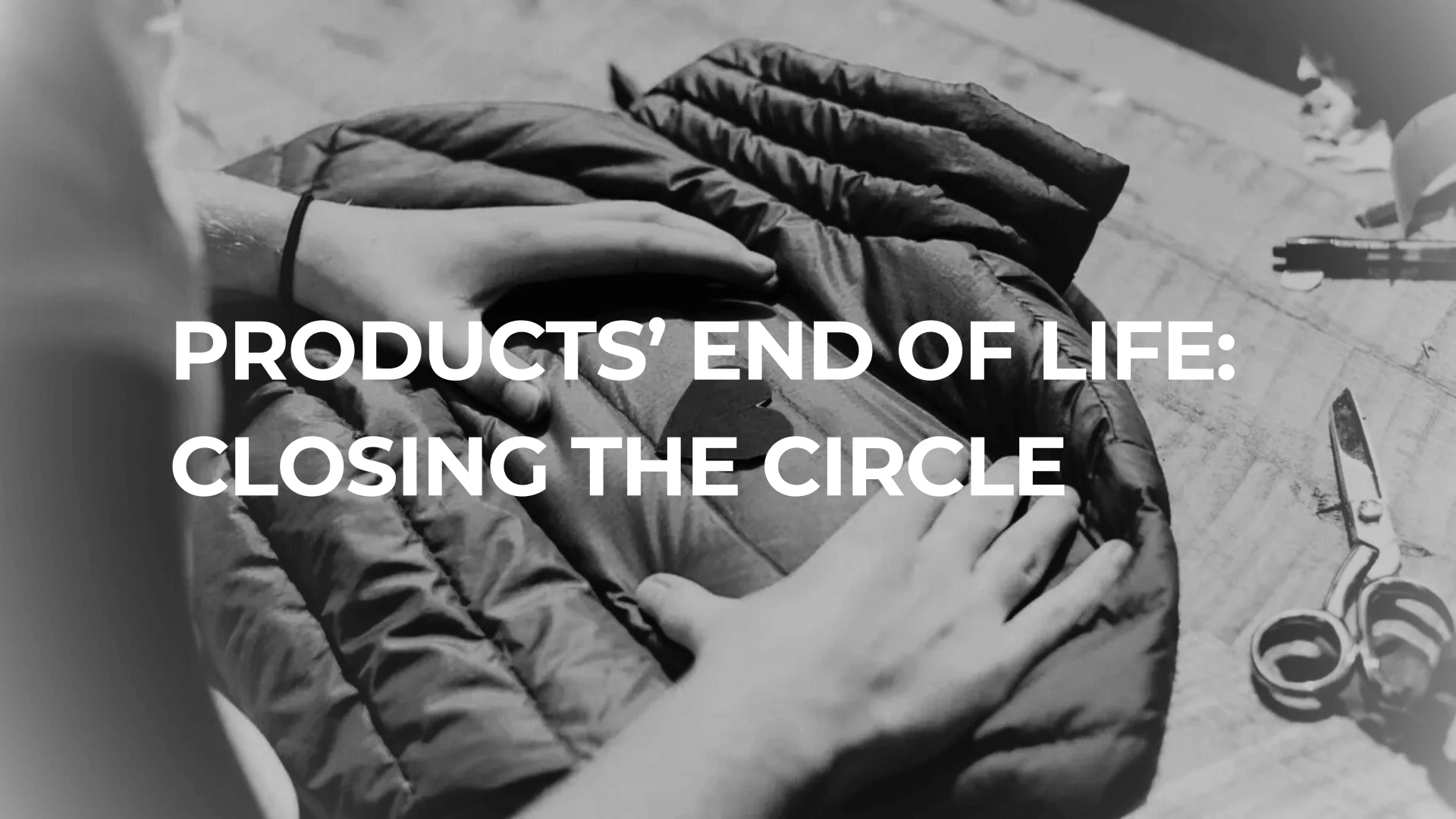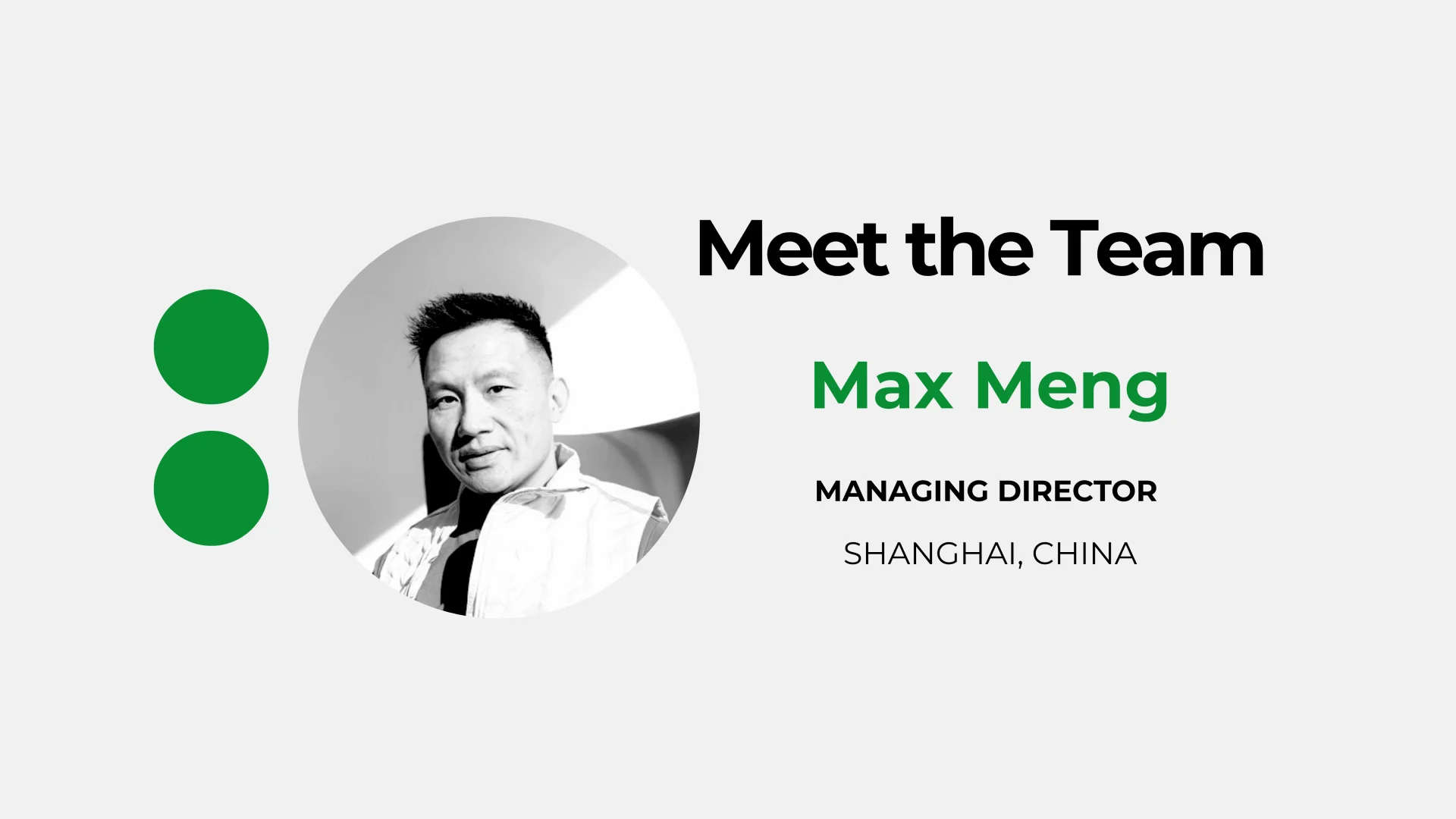Closing the Loop:
How Germany, Austria, and Switzerland Are Leading the Way in Textile § Down Collection
Every year, millions of down-filled products—duvets, pillows, winter jackets—reach the end of their life. But what happens next? Too often, they end up in landfills or incinerators, wasting valuable natural resources.
At Re:Down, we’re on a mission to change that.
Across Europe, we partner with collection systems to rescue discarded down products and transform them into high-quality recycled down—giving these materials a second life.
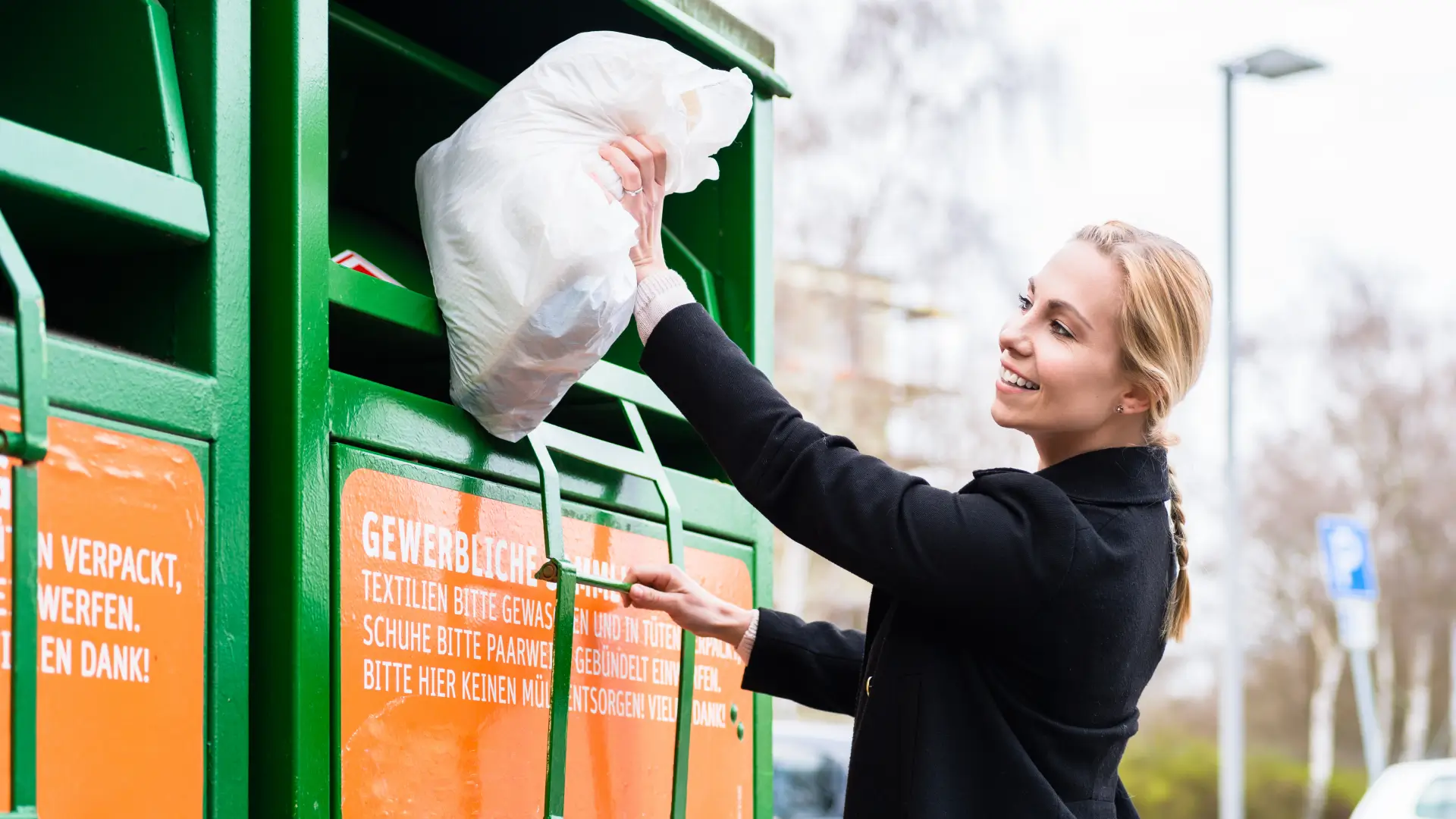
No matter where you live, the first step is the same:
« Letting go of the old to make room for the new ».
But what happens next depends on where you live…
How Down Products Are Collected in Germany, Austria, and Switzerland
Across Europe, countries have developed their own textile waste collection systems, guided by the EU Waste Framework Directive (source: EU Waste Framework Directive ). Among them, Germany, Austria, and Switzerland stand out for their particularly efficient down-recycling efforts. While their approaches share common principles—such as prioritizing reuse, convenient collection systems, and partnerships with brands—each country has developed its own unique strategies.
A Shared Commitment to Circularity:
And some Distinct Approaches to Collection:
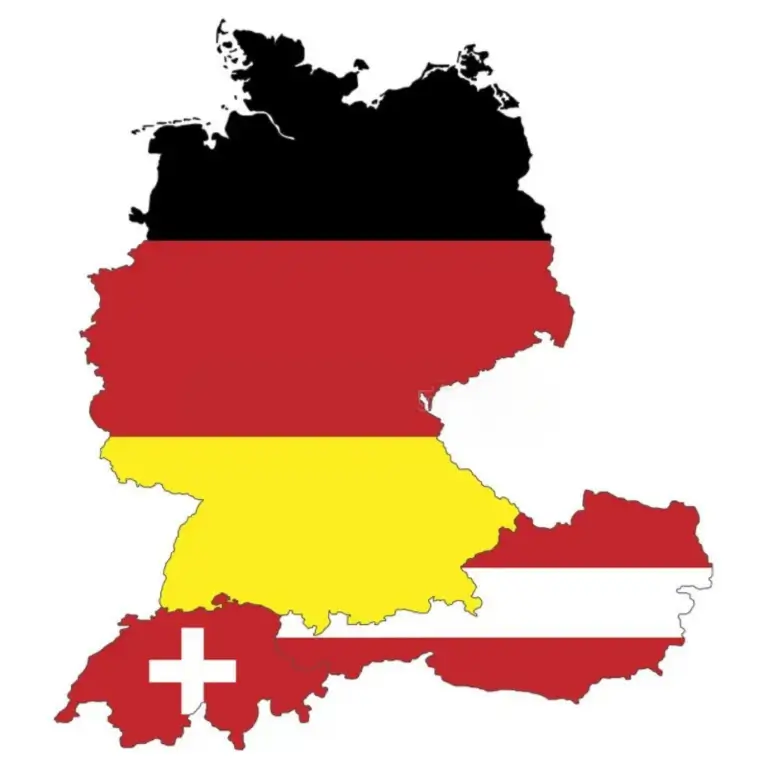
Through these well-developed systems, Germany, Austria, and Switzerland set the benchmark for sustainable down recycling, demonstrating how thoughtful policies and industry collaboration can turn waste into valuable resources.
What Happens After Collection?
Once collected, discarded down products enter Re:Down’s recycling process, here are the main steps:
Check our recycling process: https://re-down.com/our-recycling-processes/
From Old to Gold: The Re:Down Philosophy
At Re:Down, we believe that every feather tells a story. But our story isn’t just about warmth, comfort, or performance—it’s about giving new life to what was once forgotten.
Imagine this: An old down jacket, worn and loved for years, or a duvet that has provided warmth through countless winters, finally reaches the end of its life. Instead of being discarded, it’s collected, sorted, cleaned, and transformed into something brand new.
This is the magic of recycled down, and it’s at the heart of everything we do.
At Re:Down, we asked ourselves:
What if we could turn waste into something beautiful?
The answer?
A circular solution that reduces waste, saves natural resources, and keeps down-filled products in use for years to come.
Join the Movement: A Future Without Waste
At Re:Down, we’re more than just a supplier—we’re a movement. A movement toward a future where waste is a thing of the past, and every product tells a story of renewal and hope.
Whether you are a brand looking to make a difference or a consumer choosing sustainable products, we invite you to join us on this journey. Together, we can turn old into gold and create a world where nothing goes to waste.
Our Goal: ZERO WASTE
But, … OUR JOURNEY DOESN’T STOP HERE…
We’re about to take the next step in circular innovation with the launch of:
Re:Wool, Our new chapter in recycled wool
Stay tuned for all the details in our next newsletter!
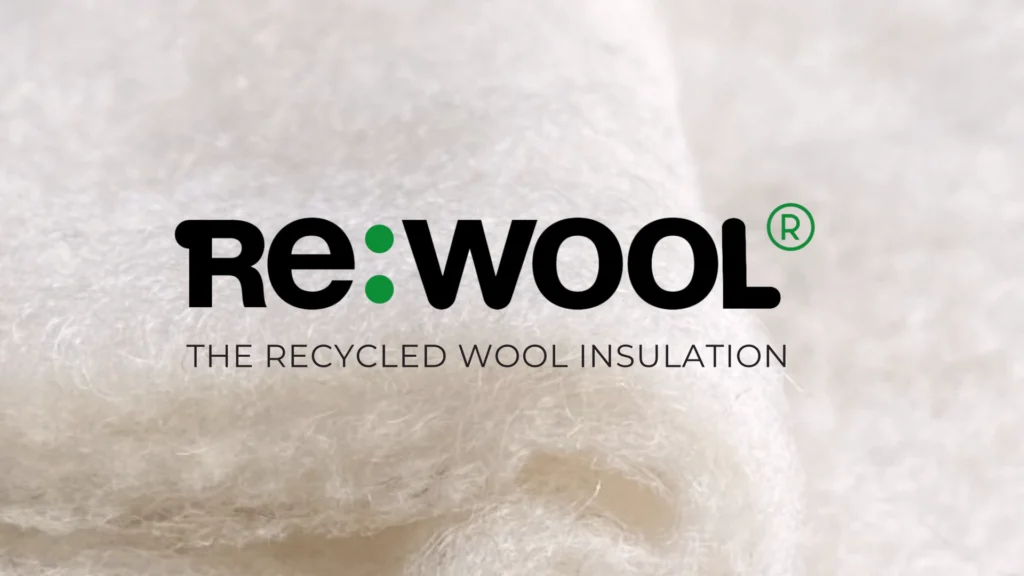
Posted on mars 31, 2025

